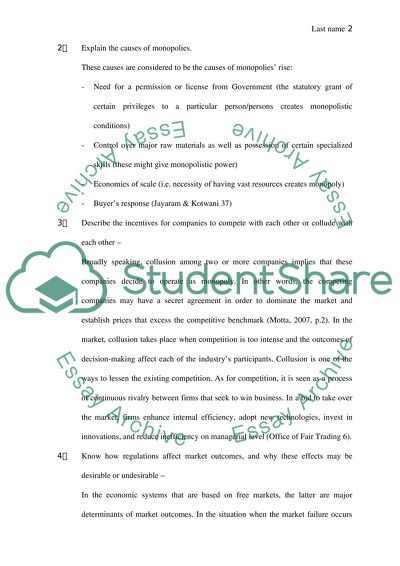Short answers about Introduction to Political Economy Essay - 3. Retrieved from https://studentshare.org/miscellaneous/1614357-short-answers-about-introduction-to-political-economy
Short Answers about Introduction to Political Economy Essay - 3. https://studentshare.org/miscellaneous/1614357-short-answers-about-introduction-to-political-economy.


